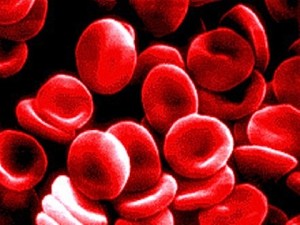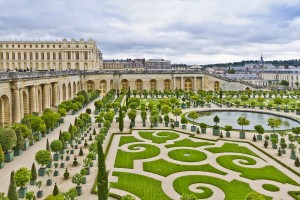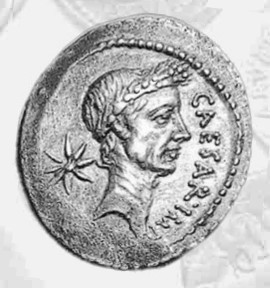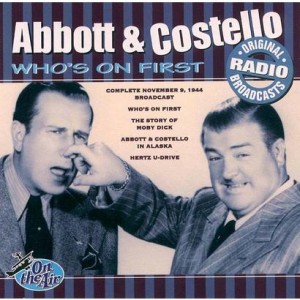Heart Diseases and Blood Transfusions – Genesis 4
 What do you think of when you hear “Cain and Abel”? Maybe you think “dysfunctional family” or “brothers at odds.” But I wonder if you have ever heard their names and immediately thought “heart disease.” Yet, in a sense, that is exactly what Genesis 4:1-26 is all about. To be clearer, it is about the hereditary heart disease of sin. Let me explain.
What do you think of when you hear “Cain and Abel”? Maybe you think “dysfunctional family” or “brothers at odds.” But I wonder if you have ever heard their names and immediately thought “heart disease.” Yet, in a sense, that is exactly what Genesis 4:1-26 is all about. To be clearer, it is about the hereditary heart disease of sin. Let me explain.
Cain and Abel, brothers from a fallen mother, both bring offerings to God. The informed Israelite who originally received this account would’ve known that both of their offerings were acceptable (one grain and the other animal). Nevertheless, the LORD only accepts Abel and his offering. So what’s the difference? Is God just arbitrarily rejecting Cain? No. Rather, we perceive that God can see something that we cannot. The LORD can see the heart, and Cain’s is diseased. Fundamentally, as can be seen from Genesis 3, the issue with the human heart disease of sin is that it no longer approaches God with trust or faith.
Cain is angry about being rejected, envious and jealous of his brother who is accepted. Instead of dealing with his heart disease honestly and returning to God for help (Genesis 4:6-7), he turns on his brother and destroys that image-bearer.
Now, I mentioned that this is a hereditary heart disease. We see this as the passage proceeds. Lamech, one of Cain’s descendants, shows the same symptoms of Cain – unrighteous anger and murder.
Yet, there is a solution provided in the passage, too. In vv. 25-26, Eve again bears offspring – Seth. This is evidence that God will be faithful to his word that he will bring an offspring who will solve the complex problem of our heart disease (see Genesis 3:15). Through the seed of Seth will one day come the offspring Jesus (see Luke 3:38). And just like Abel, this righteous seed of the woman will be put to death by those envious and jealous of him (Hebrews 12:24). Yet, what man intends for evil God intends for good, so that through Jesus’ death, the blood needed for the healing transfusion is provided. Our hereditary heart disease is healed by this blood transfusion.
Through Jesus’ shed blood we are forgiven. Vengeance was taken on him instead of us. Not only is forgiveness provided, but by the Holy Spirit transfusing the power of Jesus’ blood, we are slowly healed more and more of our inherited illness.
Questions for Conversation
- How do you tend to act when you become aware of your distrust of or disinterest in God? What about when others are aware of your heart disease?
- Worry, nail biting and busy work?
- Anger, drinking and gossip?
- Honesty, repentance and assurance of acceptance?
- A mixture?
- Do you ever have a hard time admitting that others in your family have this heart disease? Who? Why?
- How can admitting that others have this disease help to put you and them at ease?
- Where do you see Jesus’ blood transfusion making the biggest difference in your progress?
- Compare Lamech’s boast in Genesis 4: 23-24 to Jesus’ command in Matthew 18:21-22. How is Jesus’ blood transfusion supposed to reverse our heart disease?





